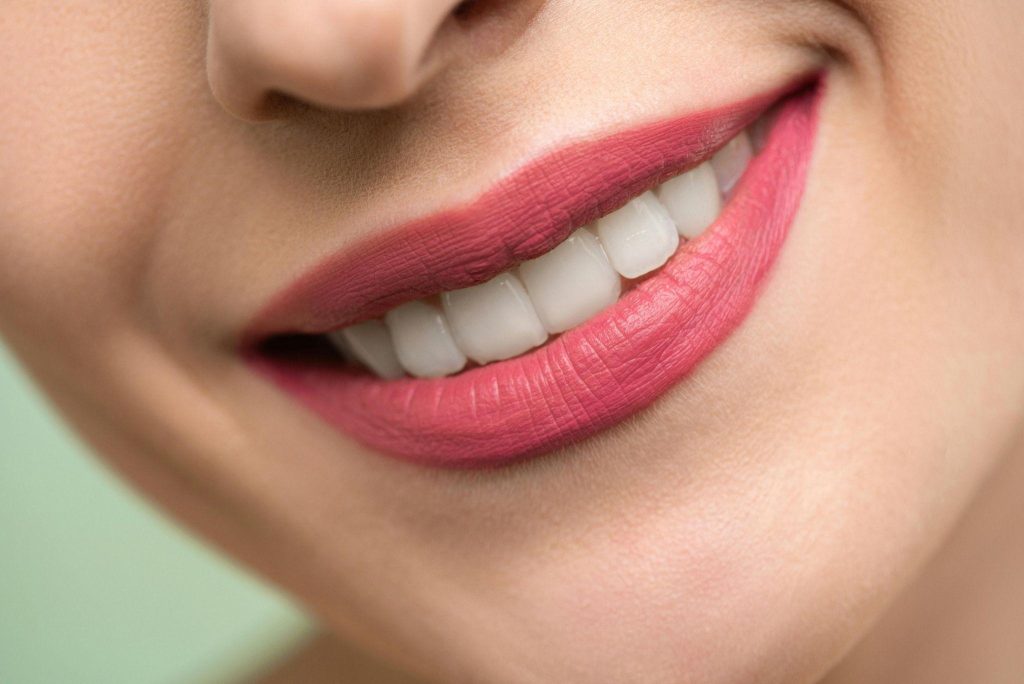Do you know what it means to have good oral health and implement good oral care routines? Many people fall into bad habits over time concerning how they care for their mouth as a whole, not just their teeth. And this can be dangerous because when your oral health is compromised, your poor dental care routines can lead to many health issues.
But if you are looking for quick and easy ways to improve your oral care and get a picture-worthy smile, these tips can be exactly what you need.
Brushing Twice A Day Every Day
Yes, even before bed. Every dentist will tell you that you need to be brushing your teeth twice a day. And it isn’t just some company they tell you to make you worried. Your teeth need to be brushed at night for optimum oral health. Brushing before bed removes any buildup from your day’s eating and drinking activities and allows your teeth the chance to exist with any additional locating that can damage them. So, while it might seem overstated in terms of oral care, it’s imperative you brush your teeth twice per day.
Brush Correctly
How you brush is just as important, if not more so, than how often you brush. You want to move the toothbrush in small, gentle circles across the teeth. You need to do the front, back, and tops of all your teeth across your mouth. This can help stop plaque buildup that can damage teeth.
Don’t Forget Your Tongue
It’s not just your teeth that experience builds up over the day; it’s your tongue, too. Plaque buildup on the tongue can lead to bad breath and a nasty appearance if it’s not regularly removed. If improving your oral care is something you want to focus on, then you need to brush your tongue as often as you brush your teeth.
Use The Right Toothbrush
What you use to brush your teeth is just as important as how you brush them. There are so many different toothbrushes on the market for you to choose from, and the wrong choice won’t make the impact you want it to.
You need to choose carefully. Dentists recommend that an electric toothbrush is the best option for brushing. Electric toothbrushes are more effective at removing plaque and reducing gingivitis compared to manual toothbrushes. They also have built-in timers to ensure you brush for the recommended two minutes. But you can experiment with different sizes and styles until you find what one works for you. Don’t choose one that is too hard for your mouth, as this can play a part in receding gum lines and loss of enamel.
Don’t forget you need to replace it when the bristles start to fray, as this makes the toothbrush less effective. Typically, this is around the 3-month mark on average, but this can vary from person to person and toothbrush to toothbrush.
Reduce Coffee Intake
If you need a morning cup of coffee to get you going or you need several throughout the day, this point is for you. Coffee can cause yellow staining of the teeth, and its acidic properties can damage the enamel, which can lead to tooth decay. You can use a straw to help you remove this issue, but brushing right after drinking coffee can also help.
Use Mouthwash
There is a lot of conflicting information regarding mouthwash. The NHS, for example, recommends removing it as there aren’t many proven benefits, and it can remove the fluoride left over on your teeth after brushing. However, in the US, the CDC recommends using it as part of your oral care routine.
Despite conflicting information, mouthwash can be a valuable addition to your oral care routine. Opt for a fluoride or antibacterial mouthwash for added benefits. Use it before brushing to remove any buildup, or after eating to eliminate food and drink residue. Mouthwash can reach parts of your mouth that are difficult to clean, especially if you have misaligned teeth or other dental issues, making it a beneficial tool in your oral care arsenal.
Visit Your Dentist
Your dentist can play a massive part in improving oral care. You should be visiting them at least twice per year to help you stay on top of your mouth and its health and to alert you to any issues you need to combat.
If you do need medical care or further dental treatment, you can discuss what you need with your dentist. Then, you can find the right dentist to supply this treatment, especially for more complex procedures.
Let’s say you need to repair damaged teeth or replace missing teeth, or you want to brighten your smile, fix an overbite, or do anything else; then you need to visit a specialist dentist who can help you, such as a digital design dentist.
A digital design dentist can be a great way to see visually how you will look with the changes before going ahead so you can find the perfect solution for your mouth for improved benefits and aesthetics.
Stop Smoking
Smoking is bad for your health. However, when it comes to your oral health, it’s one of the worst things you can be doing. Smoking can cause lung cancers and multiple other health issues, but it can also be the cause of bad breath, discolourisation, increased dental concerns and a lowered rate of success for dental treatments. Smoking can lead to gum disease, tooth loss, and even oral cancer. So stop smoking.
Limit Sugar
Sugar in excessive quantities can cause a host of health issues, but foods and drinks higher in sugar can increase your risk of developing cavities and result in your requiring additional dental treatments to rectify issues.
A great tip is to drink water after eating and drinking post-eating sugary foods to remove any buildup that might occur. You can also use a mouthwash if you wish. However, reducing your sugar intake can be beneficial for this reason.

